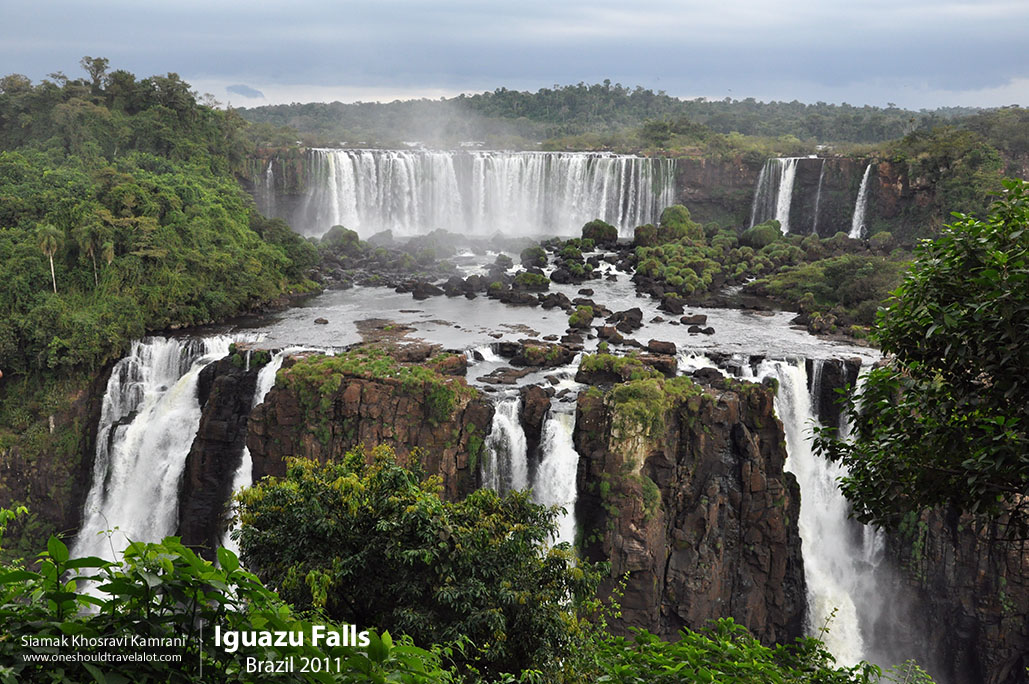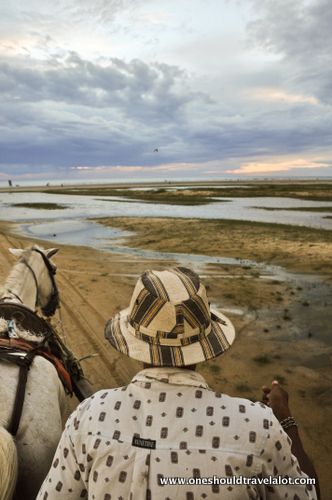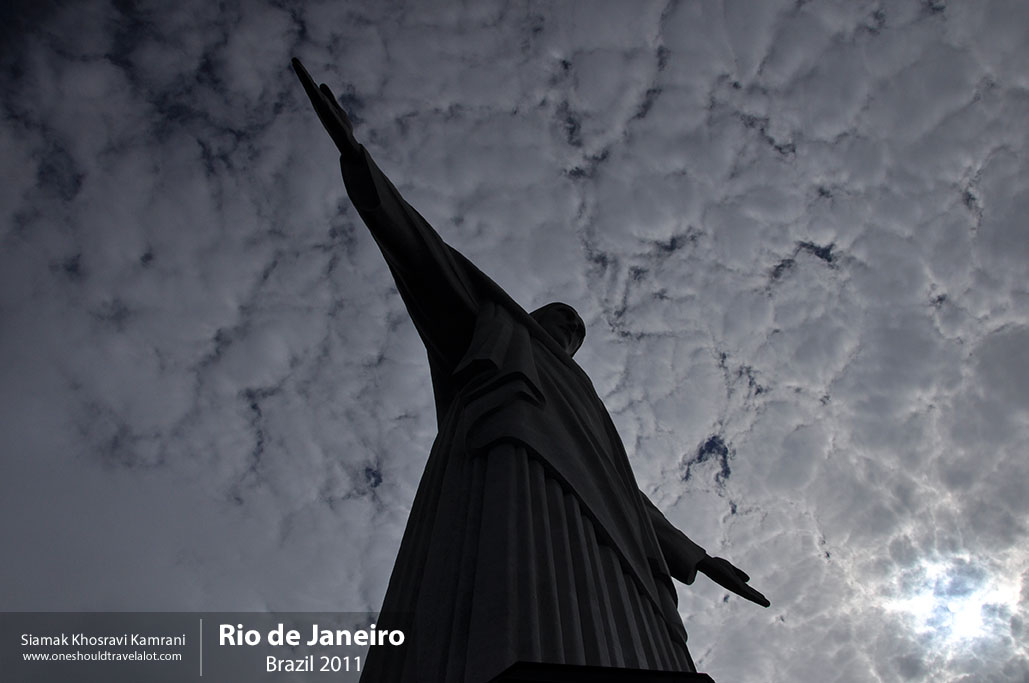Discovering the Charm of Ilhabela: A Photographer’s Journey
Nestled off the coast of Brazil, Ilhabela is a hidden gem that offers a perfect blend of natural beauty, rich culture, and captivating history. As a photographer, Ilhabela promised an array of picturesque landscapes, vibrant traditions, and unique experiences. I couldn’t wait to explore this tropical paradise and capture its essence through my lens.
Arrival in Ilhabela
The journey to Ilhabela began with a ferry ride from the bustling city of São Sebastião. The sight of the island from afar, with its lush greenery and towering peaks, was a promise of the beauty that awaited me. As the ferry approached the shore, the sparkling waters and the sound of waves crashing against the rocks set a tranquil tone for the adventure ahead.
Exploring the Natural Beauty
Ilhabela, literally translating to “Beautiful Island,” lives up to its name in every way. The island is part of the Atlantic Forest biome, boasting dense rainforests, cascading waterfalls, and pristine beaches. My first stop was the famous Praia do Curral, one of the island’s most popular beaches. The golden sands, crystal-clear waters, and the backdrop of verdant hills created a perfect setting for my first set of photographs.
Hiking and Waterfalls
Eager to explore more of Ilhabela’s natural wonders, I embarked on a hike to Cachoeira do Gato. The trail meandered through the lush rainforest, offering glimpses of exotic wildlife and fragrant flora. The sound of the waterfall grew louder with each step, and soon, I was standing before the majestic 50-meter cascade. The sight was awe-inspiring, and I spent hours capturing the play of light and water through my camera.
Immersing in Local Culture
Ilhabela is not just about natural beauty; it is also a place rich in culture and history. The island was once a pirate hideout, and the remnants of this intriguing past are still evident. The colonial architecture, particularly in the Vila, the island’s historic center, reflects a blend of Portuguese influences and local craftsmanship.
The Historic Vila
Walking through the cobblestone streets of the Vila, I felt transported back in time. The colorful buildings, charming cafes, and artisan shops added to the quaint atmosphere. I visited the Igreja Matriz de Nossa Senhora D’Ajuda, a beautiful 17th-century church that stands as a testament to the island’s heritage. The interiors, adorned with intricate woodwork and religious artifacts, provided a serene backdrop for some of my most evocative photographs.
Local Festivals and Traditions
Ilhabela is a melting pot of cultures, with a vibrant mix of indigenous, African, and European influences. The island hosts numerous festivals throughout the year, celebrating everything from local folklore to religious events. I was fortunate to witness the Festa de São Pedro, a lively festival honoring the patron saint of fishermen. The streets came alive with music, dance, and colorful processions, offering a feast for the eyes and my camera.
The People of Ilhabela
One of the most rewarding aspects of my journey was interacting with the locals. The people of Ilhabela are warm, welcoming, and proud of their heritage. I spent an afternoon with a local fisherman, João, who took me out on his boat to experience the traditional fishing methods that have sustained the island’s communities for generations. His stories of the sea, coupled with the breathtaking sunset over the Atlantic, made for a memorable and moving experience.
Gastronomy and Local Cuisine
No visit to Ilhabela would be complete without indulging in its culinary delights. The island’s cuisine is a reflection of its diverse cultural influences, with a focus on fresh seafood and tropical flavors. I savored dishes like moqueca, a delicious seafood stew, and bolinho de camarão, shrimp fritters that were perfect for snacking on the beach.
A Culinary Adventure
I also had the opportunity to visit a local farm where I learned about the island’s sustainable farming practices. The farm-to-table movement is strong in Ilhabela, with many restaurants sourcing their ingredients locally. The fresh produce, coupled with traditional cooking techniques, made every meal a delightful exploration of flavors.
Standard of Living and Societal Conditions
Ilhabela has a relatively high standard of living compared to other parts of Brazil, thanks to its thriving tourism industry. The island is well-developed, with modern amenities, healthcare facilities, and educational institutions. However, it still retains a laid-back, island vibe that makes it a perfect escape from the hustle and bustle of city life.
Environmental Conservation
One of the notable aspects of Ilhabela is its commitment to environmental conservation. The island is a protected area, and there are strict regulations in place to preserve its natural beauty. This focus on sustainability is evident in the clean beaches, well-maintained hiking trails, and the emphasis on eco-tourism. As a photographer, this commitment to preserving the environment was inspiring and made my work even more meaningful.



